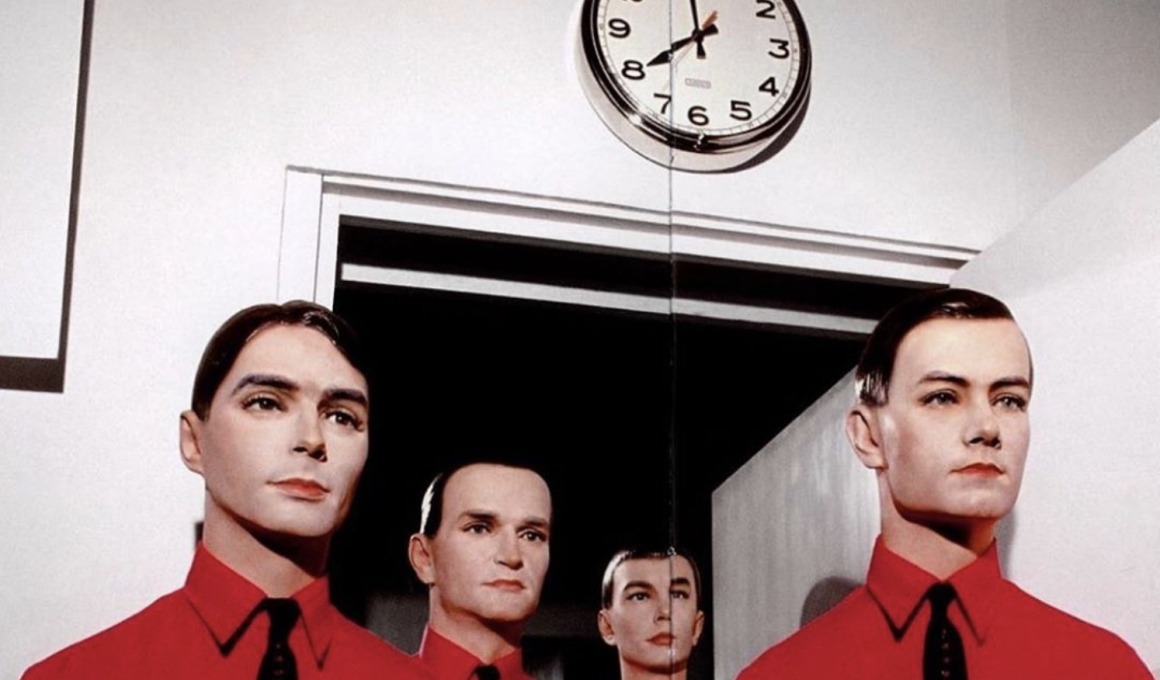One of things I think about about is how some people can be so far ahead of their time you’ll often miss their insight even when its right in front of you.
It’s a bit paradoxical, you would presume being able to see the future would be obvious, almost like that feeling when you see a new product and say to yourself, “why didn’t I think of that?”, but I’ve found the opposite to be true.
Seeing something that could be adopted in the future, become the new ‘normal’, is often quite uncomfortable and even challenging at first. Often, you don’t know what to think because you have zero frame of reference so you reject it. But slowly the dials in your head start turn and you realise that this may be a glimpse of something quite impactful, something that will change the world.
I love to think about these situations as part of my (new) job is to understand the future and recognise what and who will get us there.
But one of the best ways to think about this topic is to work backwards. Start with something you take for granted today and understand what had to have changed yesterday to make it possible now.
This happened to me this week when I learn’t that Florian Schneider-Esleben, the co-founder of Kraftwerk – the electronic ‘band’ that used to make headlines for only using laptops on stage – recently passed away.
Florian and Ralf founded Kraftwerk in 1970, arguably the first electronic pop group in the world. They used custom-designed synthesisers to make all their sounds, from the instruments to the drums to even vocals. To get a sense of how far ahead they were check out the short video below from a BBC documentary in 1975.
You could only imagine how people would of reacted to this “machine music” back in 1975, yet everything in this video today is now completely ‘normal’ for new artists. As one of my mentors mentioned to me, it “blew our minds.”
Watching that clip is like watching budding teenage artists today bash out new compositions in their bedrooms (with the slight change that much the physical hardware is entirely software). Or watching a superstar DJ come out and start to perform entirely behind a bank of equipment .
It was extremely weird at first but the industry changed and adapted. Electronic music and performances have become normalised today, a good 50 years on. And things are still changing and evolving.

I was lucky enough to see Kraftwerk when toured Australia in 2013 and was immediately struck by the age of the band members (one of them even had a health scare on tour!), the diversity of the audience and how all encompassing their electronic music soundscapes were. It enveloped the whole arena.
Tellingly, Florian didn’t start by making electronic music directly from synthesisers – he played the flute, violin and guitar, though often filtered through electronic processing (i.e. earned secrets).
One of my favourite quotes was how his interest in electronic music grew. “I found that the flute was too limiting,” he later said. “Soon I bought a microphone, then loudspeakers, then an echo, then a synthesiser. Much later I threw the flute away; it was a sort of process.”
The impact of these sorts of things, in arts or business, is huge and can be felt in all sorts of areas from modern music production techniques, synthpop and arpeggiator sounds in modern pop music and from other artists own music productions. The late David Bowie titled his “Heroes” instrumental track “V-2 Schneider” after Florian (Bowie got into electronic music and Kraftwerk while living in Berlin, of course).
As I meet startup founders (and artists) I often ask myself how their innovations might change the world, even though success or recognition is never guaranteed. Thinking backwards and understanding how things will have to change and evolve is a fund visioning exercise or and walk back in history.
What will the new normal be tomorrow?
RIP.






